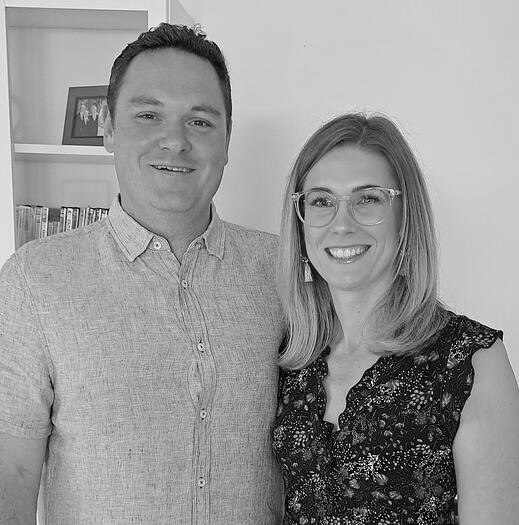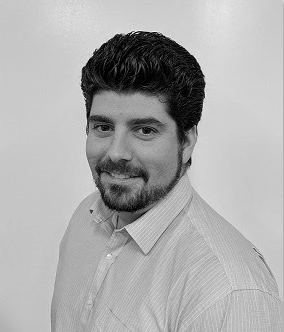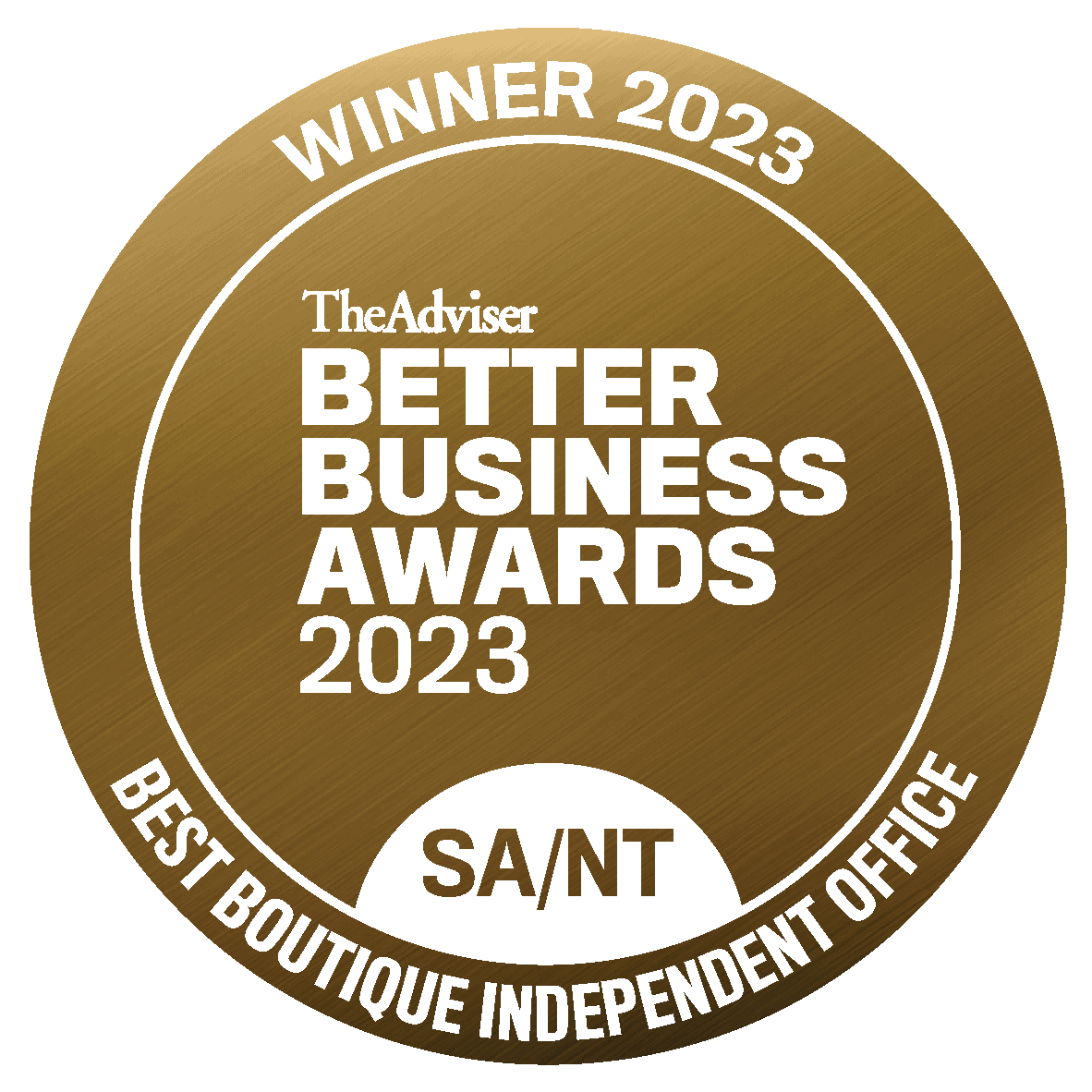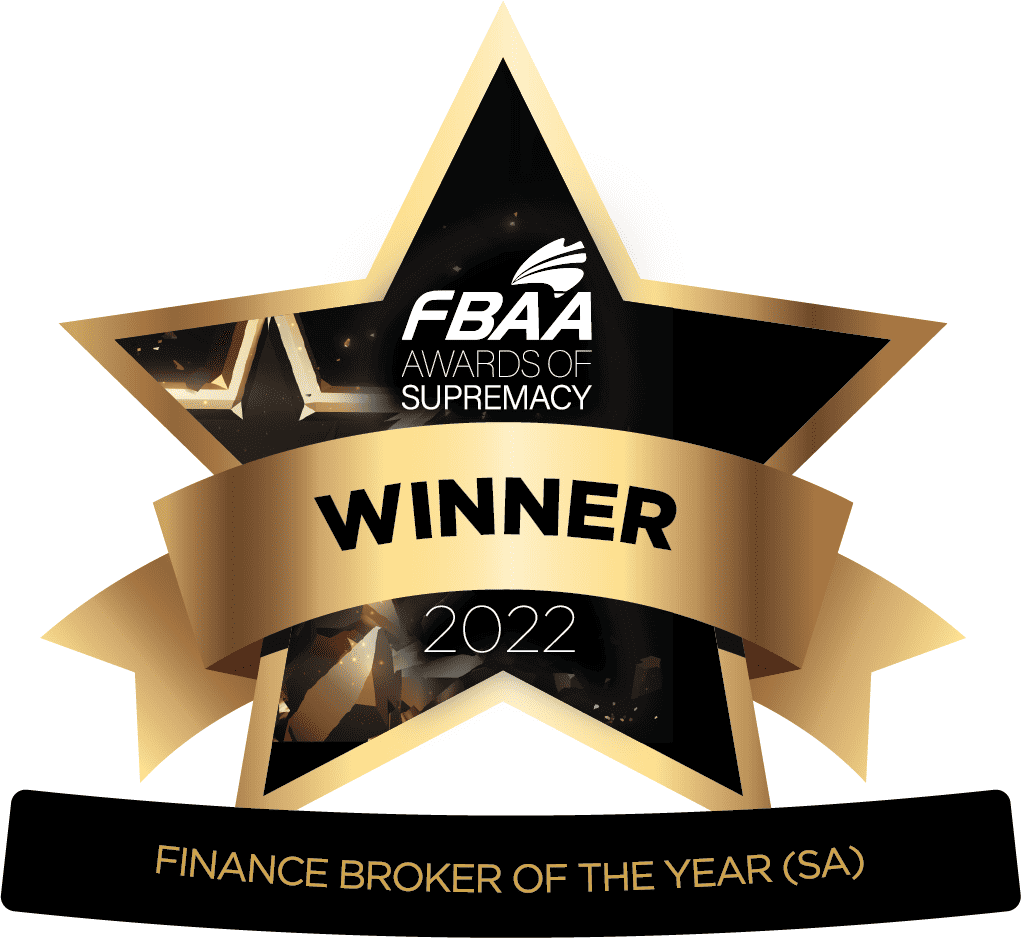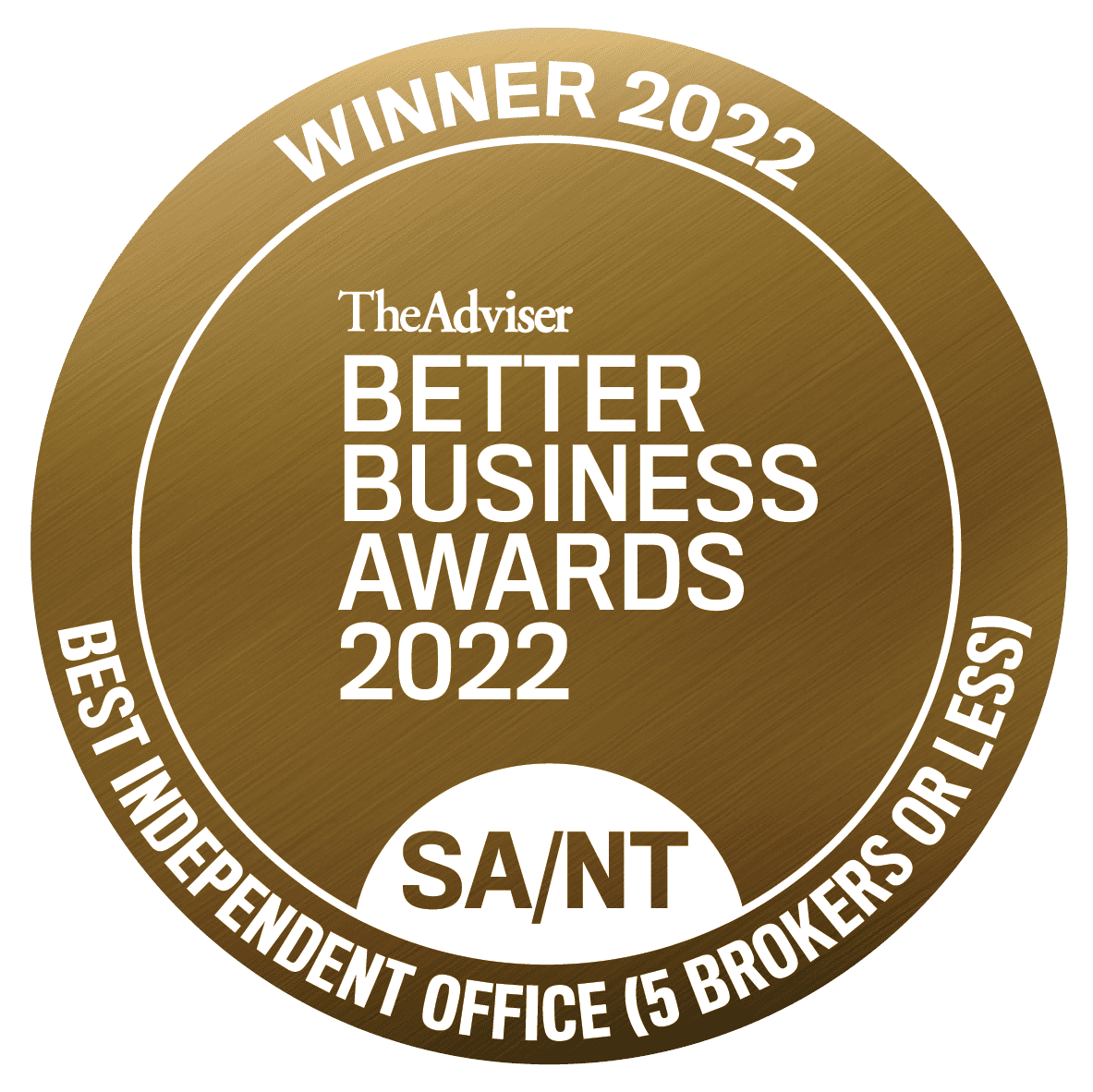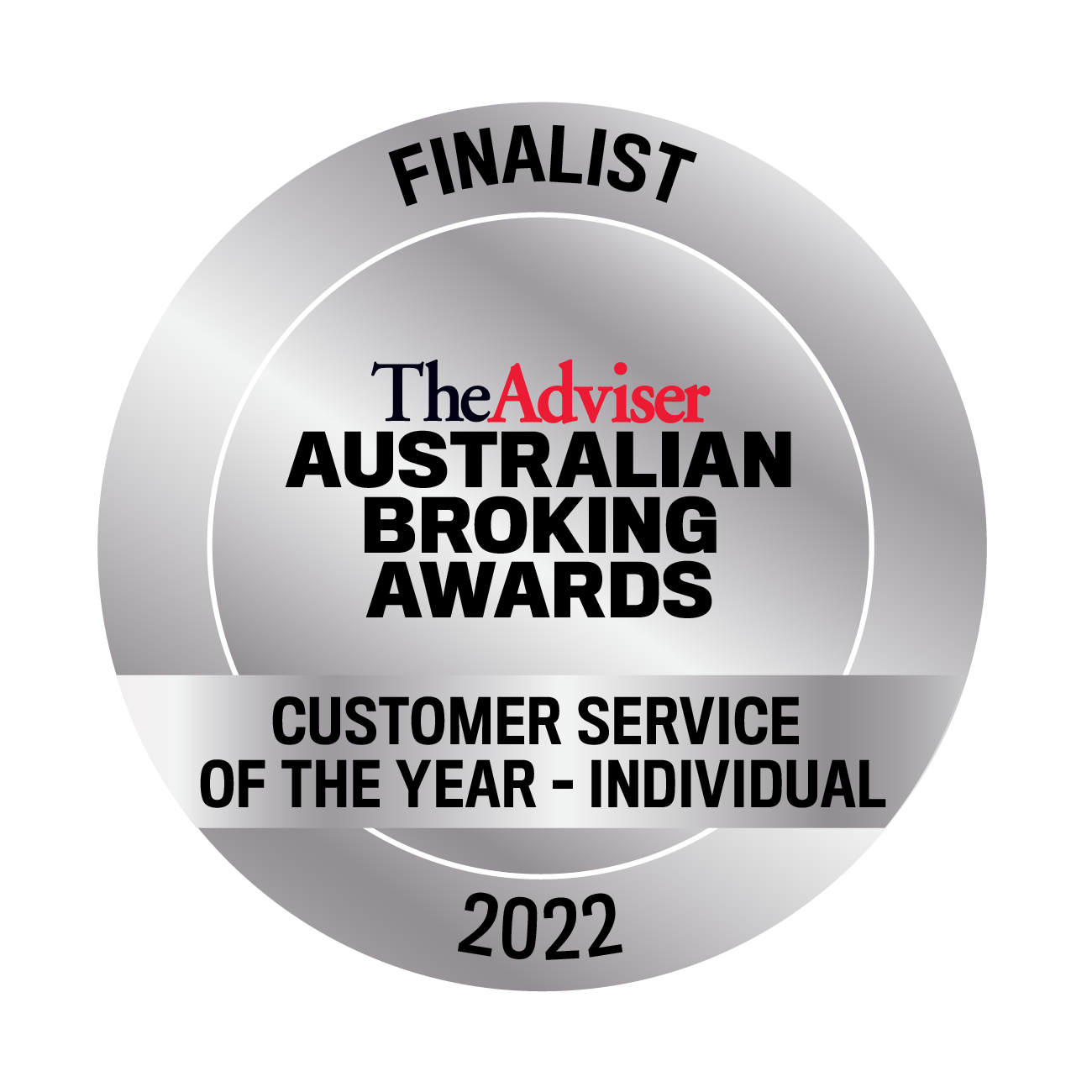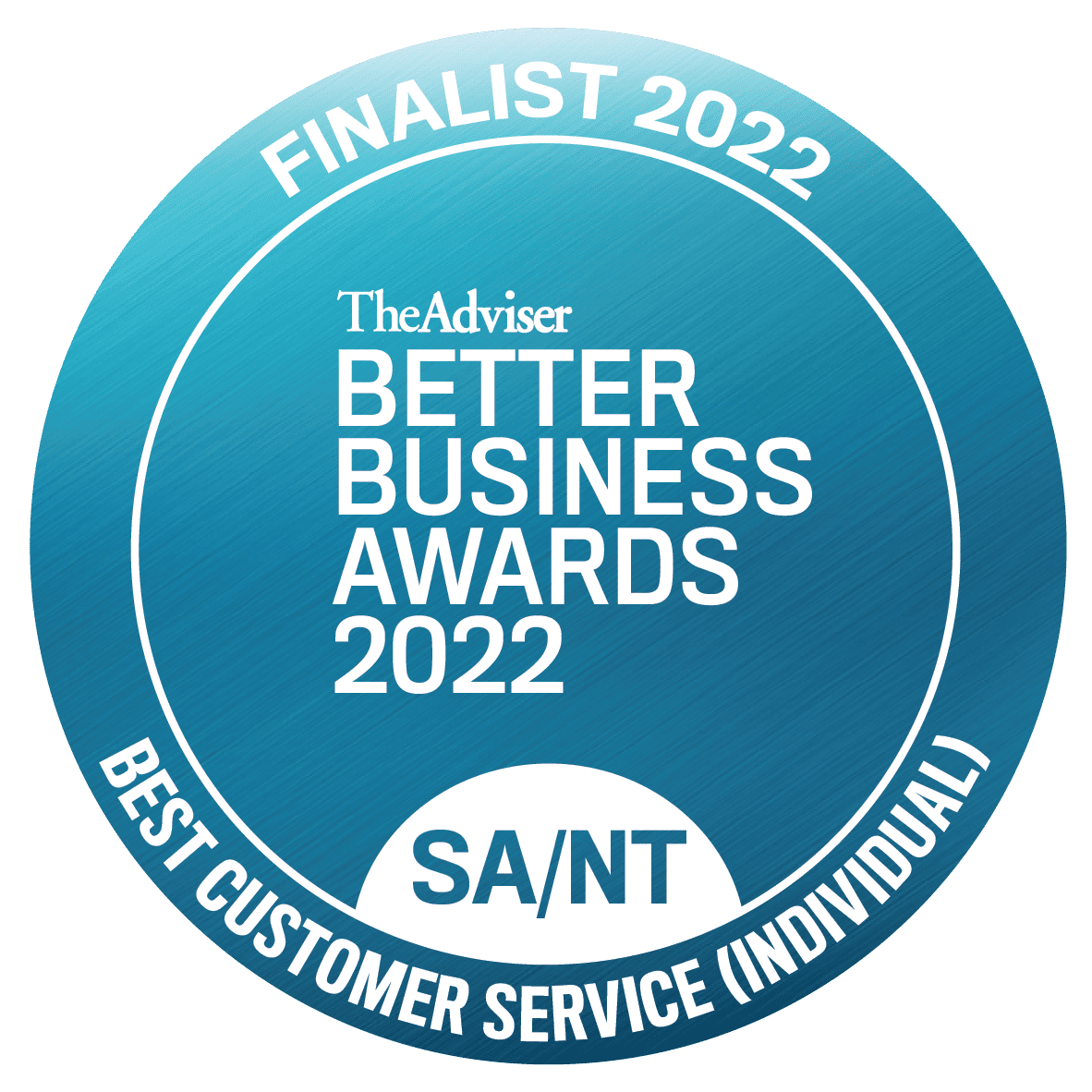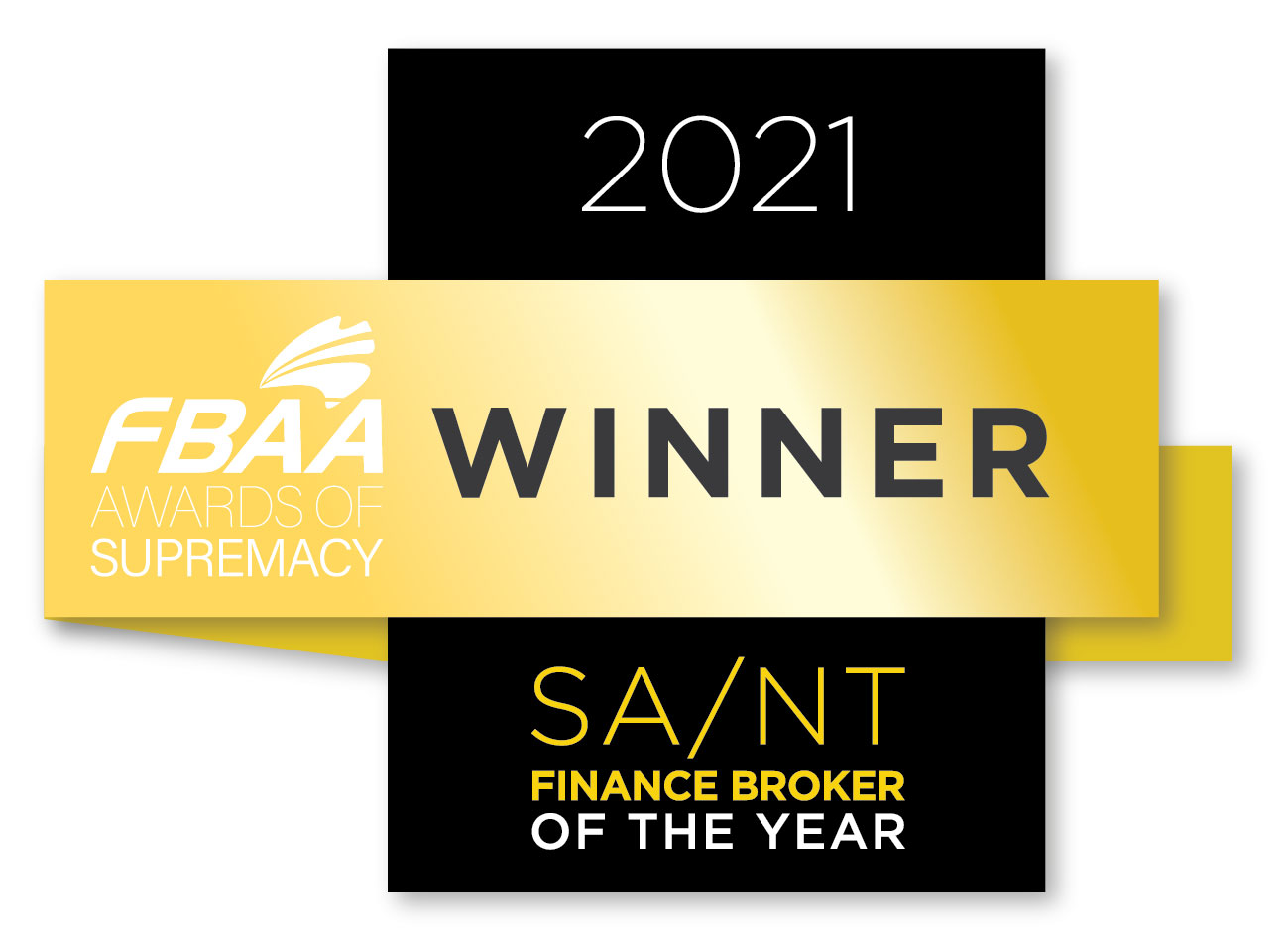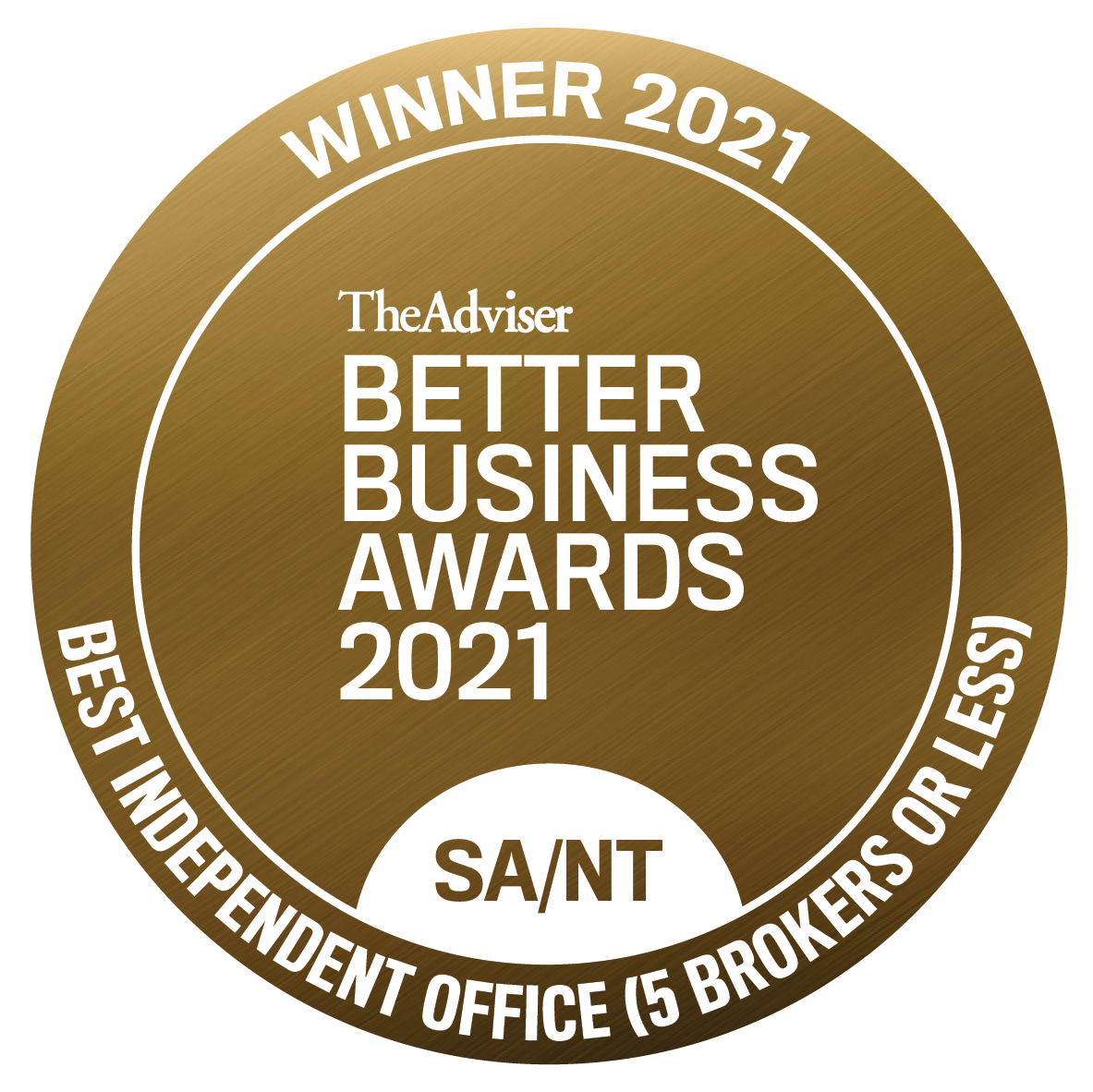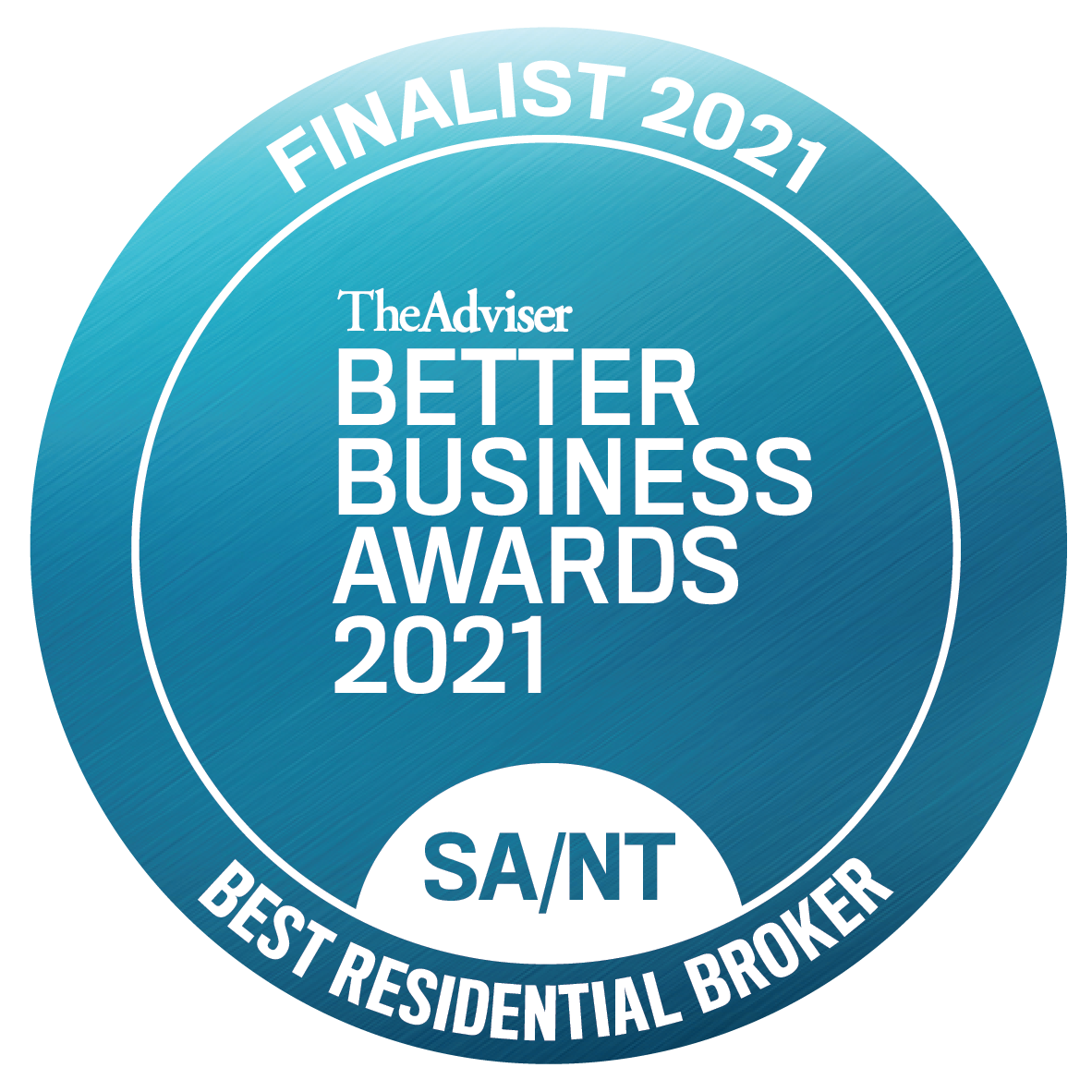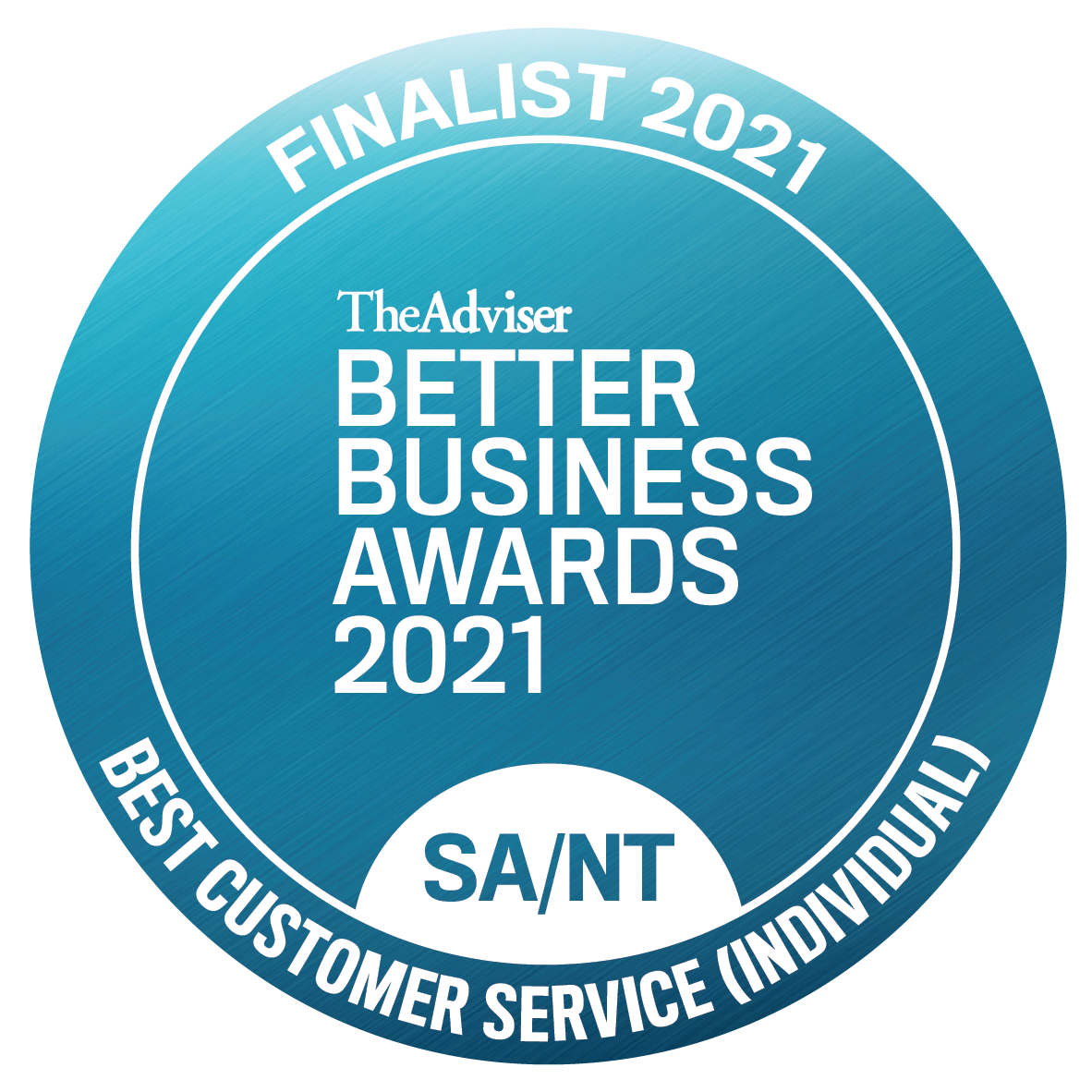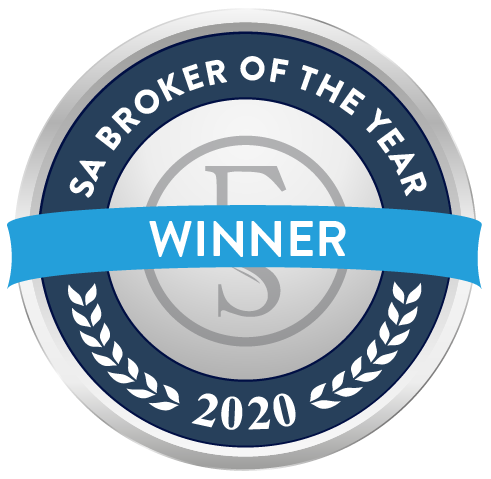Are you ready for tax time?
Did you know, the average tax refund is around $2,900? Here are some ways you can maximise your tax return:
1. Claim your work-from-home expenses
2. Claim other work-related expenses
3. Claim a refund for self-education
Claim your work-from-home expenses
It’s important to know that you can claim the following if you have a distinct workspace at home, that is separated from the rest of the household:
– Heating and cooling bills
– Lighting bills
– Cleaning, repair, and maintenance of the area
– Home office fittings and furniture
– Purchase and repair of computers and other related office equipment
– Stationery, papers, printer ink, and other computer consumables
– Internet and phone expenses
Note that computers and other equipment, as well as furniture purchases, are calculated based on their depreciation costs. Buying capital items worth $300 or less can be written off immediately without being depreciated.
Claim other work-related expenses
Items you may be able to claim for are:
– Clothing and laundry expenses of uniforms that are distinct to your job and company
– Protective clothing and certain accessories for specific employees
– Self-education expenses, including home office costs
– Tools and equipment purchase and other related expenses
– Fees for books and periodicals, as well as digital information and subscriptions
Once again, you can only claim a deduction for the mentioned expenses if they are related to your job. A course that helps you be better for your current duties can be claimed. However, one that may aid you in getting a promotion or another job cannot be claimed. Another thing to note, though, is that you cannot claim the first $250 that you paid for the course.
Claim refund on self-education
The ATO allows you to claim deductions on the expenses you incur for self-education. However, the study expenses must be relevant to earning your income. Therefore, to make a claim, you have to prove a connection between your studies and your employment. If the self-education is too general, you may not be eligible for the claim as there would be no connection between your studies and your income-earning activities.
You would also be eligible for a claim if you can show that your studies are likely to lead to increased employment income.
Some of the self-education expenses you can claim include:
– Tuition fees
– Textbooks and professional journals
– Computer expenses
– Stationery
– Student union fees
– Fees for student services and amenities
When you receive your tax refund, make sure you do something that will benefit you in the long run. It’s important to have a plan for how you’ll use the money because using your tax refund wisely can have long-lasting benefits.
Consider these 4 options to maximize your refund’s impact:
1. Pay down high-interest debt
I’m hoping you don’t have any credit card debt or personal loans, so paying down your home loan with your tax return will be the smartest way to get that refund working as hard as possible for you. Using your tax refund to pay down this debt can save you money in interest payments over time.
2. Build up your emergency fund / redraw
An emergency fund is money that you set aside to cover unexpected expenses, such as a job loss, car repair, or medical bills. Having a healthy emergency fund (redraw) can give you peace of mind knowing that you’re prepared for the unexpected. The general rule of thumb is to have enough money saved to cover 3-6 months of living expenses. Use your tax refund to grow your redraw and emergency savings.
3. Contribute to your retirement savings
Your retirement is one of the most important investments you’ll ever make. Using your tax refund to contribute to a retirement account, such as Superannuation, can help you reach your retirement goals as it will grow and compound over the years ahead.
4. Invest in yourself
Your education, skills, and knowledge are your most valuable assets. Using your tax refund to invest in yourself, such as by taking a class, attending a conference, or buying a new book, can help you grow your career and earning potential.







